What's the secret to making your veggies last longer?
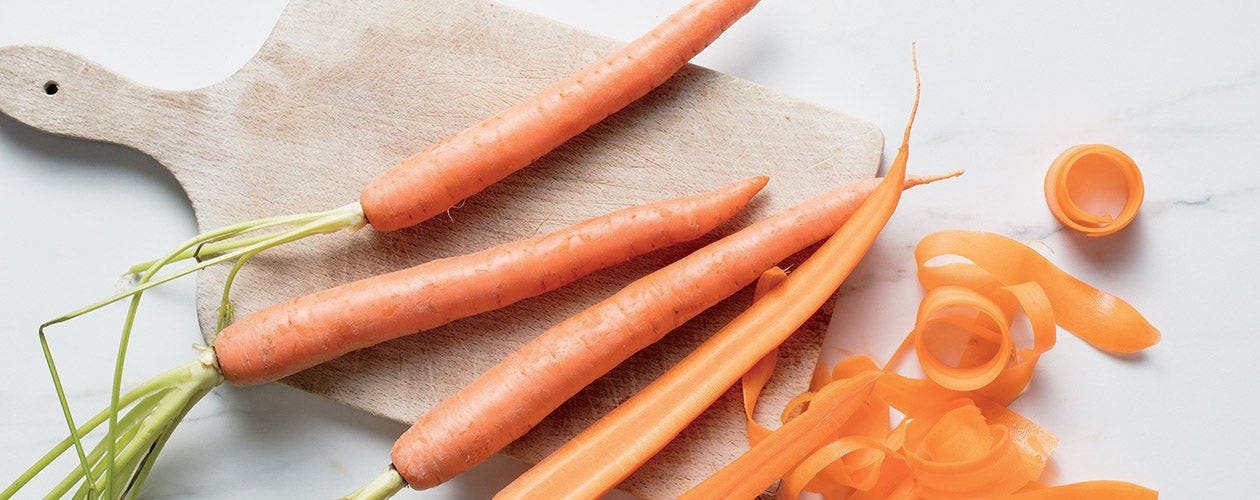
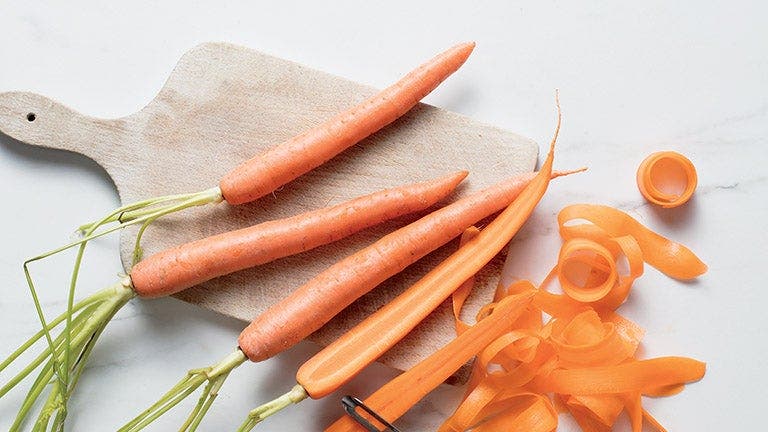
You know you’re on WW when your fridge is packed with lots of fibre-rich and vitamin & mineral-packed vegetables! Non-starchy veggies are a ZeroPoint™ food. ZeroPoint foods have—you guessed it—0 Points® because they serve as the foundation of healthy eating. (How does the Points system work? Click here!)
That said, nothing ruins a salad or sandwich faster than soggy spinach or shrivelled tomatoes, which is why experts recommend taking the time to store these foods properly. Although a few vegetables, such as potatoes, should be stored in a cool, dry location, most can go straight into the fridge.
The first step to making these vegetables last is to keep them cold but not too cold. The “just right” temperature is around 4.5 degrees Celsius. If you go any lower, you’ll risk freezing the produce, says Julie Garden-Robinson, PhD, RD, a food and nutrition specialist at North Dakota State University.
To prevent veggies from drying out and getting soft, wrinkled and limp, you should also keep the environment humid. You can either place vegetables in a moisture-trapping plastic bag (sealed or open) or in the big drawers at the bottom of the fridge. Or, double up and do both.
How to store your veggies
The next time you rearrange the fridge to make room for your freshly-bought veggies, move fruits like apples and pears as far away from the veggies as possible. “As they ripen, these fruits release ethylene gas, which can cause nearby veggies to yellow and spoil,” says Garden-Robinson. Then, use these tips to determine how to best store some of the most popular vegetables - and how long you can expect them to last in your fridge.
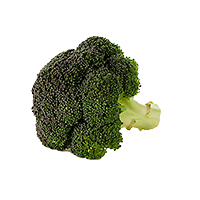 | Broccoli How to store it: Place the head of broccoli in a ventilated bag (such as a perforated one or a plastic bag with the top left open) and keep in the refrigerator. How long it lasts: Three to five days. | |||
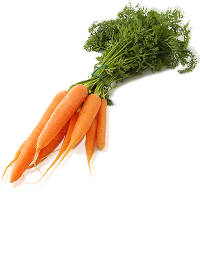 | Carrots How to store them: Place whole carrots in a ventilated bag with a damp paper towel, which keeps veggies from drying out. Store baby carrots in the bag they come in. How long they last: Whole carrots last two to three weeks while baby carrots can last about a month. (A whitish color on baby carrots is a sign they’ve lost moisture. They’re still safe to eat; just rehydrate the sticks by placing them in water for a few minutes.) | |||
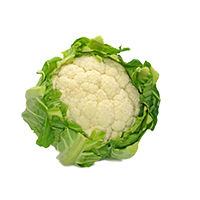 | Cauliflower How to store it: Wrap the cauliflower in a dampened paper towel, then place it in a plastic bag in the fridge. How long it lasts: Three to five days. | |||
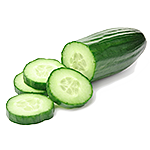 | Cucumber How to store it: Refrigerate the cucumber in a ventilated bag. How long it lasts: Four to six days. | |||
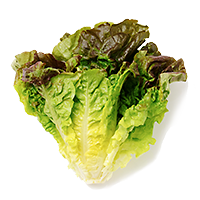 | Leafy greens, like lettuce and spinach How to store them: Store in a clean plastic bag with a few paper towels to soak up any excess moisture that can lead to sogginess. Then place in the crisper drawer at the bottom of the fridge. How long they last: Three to five days. | |||
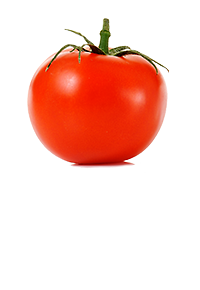 | Tomatoes How to store them: Tomatoes are technically a fruit…but nonetheless, keep whole tomatoes, including baby tomatoes and those that are on the vine, out of the fridge (they lose firmness and flavor when chilled). Once you slice them up, store tomatoes (and any other cut up veggies) in a closed container in the fridge. “This prevents them from drying out and also from taking on the flavors of other foods,” says Garden-Robinson. How long they last: Whole tomatoes last five to seven days outside of the fridge, while sliced tomatoes last two to three days in the fridge. | |||
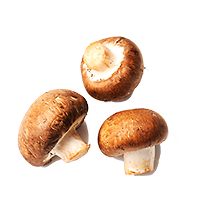 | Mushrooms How to store them: If the container they came in has holes for ventilation, you can keep the mushrooms in that. If not, place in a paper bag, then refrigerate. Top tip: mushrooms that are stored in plastic bags will become slimy. How long they last: Three to seven days. | |||
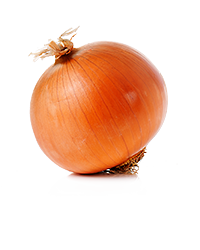 | Onions How to store them: Keep whole onions on a pantry shelf or anywhere that’s dry. If they’re stored in the fridge or in a warm area (such as near a dishwasher or stove) they spoil faster. Once cut up, however, you should stash onions in the fridge in an air-tight container. How long they last: Whole onions last at least a month and cut onions last a week or less. | |||
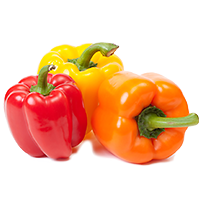 | Peppers How to store them: Place the veggies in the fridge—no bag needed. How long they last: Four days to two weeks. | |||
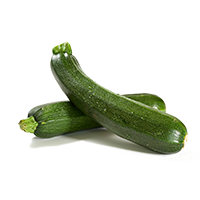 | Courgettes How to store it: As with cucumbers, you can keep courgettes in a plastic bag in the fridge. How long they last: Three to five days |
How to tell if veggies are past their prime
If you forget to use up a bunch of lettuce or head of cauliflower in time (hey, it happens), check out the food’s color, texture, and aroma to determine if it’s okay to eat. If you just see a few wrinkles on veggies like carrots, celery stalks, or peppers, these are still safe to eat. However, if the item is slimy, discoloured, smells off or you spot mould, throw it out, says Garden-Robinson.
